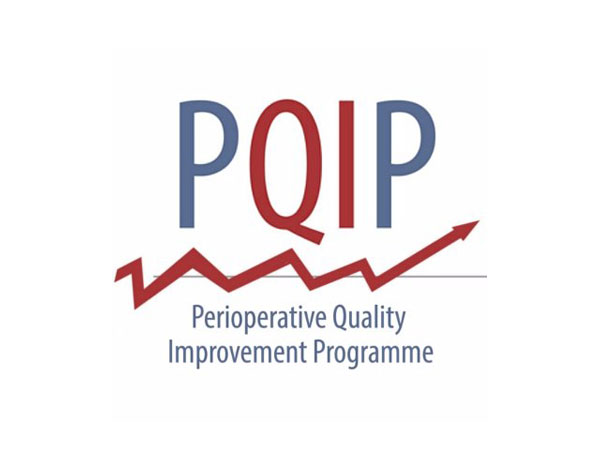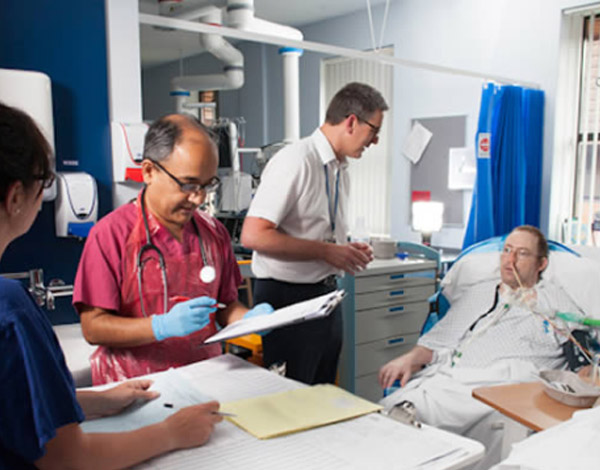
PQIP – [Perioperative Quality Improvement Programme] Improving outcomes after surgery

PQIP

Around 10 million operations are performed in the NHS each year. What happens to these patients? What are the complication rates? What is patient recovery like? Are we providing a good service?
These are some of the questions that the Perioperative Quality Improvement Programme (PQIP) wants to answer. The aim is to look at perioperative care of patients undergoing major non-cardiac surgery and measure complication rates, failure to rescue and patient reported outcomes. We hope to improve patient outcomes across the UK, reducing variation in processes of care and supporting implementation of best practice. To achieve this multidisciplinary involvement is absolutely vital – nurses, surgeons, anaesthetists, managers and patients all working together.

Who and what is involved?
PQIP was established in 2016 by the National Institute of Academic Anaesthesia’s (NIAA) Health Services Research Centre, working on behalf of the Royal College of Anaesthetists, and in collaboration with the Royal College of Surgeons (England), the Royal College of Physicians, the Royal College of Nursing, the Faculty of Intensive Care Medicine and the Faculty of Pain Medicine plus a number of professional specialist societies. So far 70 hospitals have expressed interest in joining and eventually we hope that all hospitals undertaking major inpatient surgery throughout the NHS will participate. Our methodology is to establish a dataset (based on the best evidence for patient risk factors, processes and outcomes) and then use it to measure and improve patient outcomes, while also answering important research questions. The first PQIP patient study, which is sponsored by UCL, will recruit 70,000 consenting patients over four years has been adopted onto the NIHR Portfolio and therefore support is available to help with patient recruitment and consent. We will systematically measure complications, patient-reported outcomes and failure to rescue in participating hospitals. Hospitals may recruit a few patients per week or all patients within a particular surgical specialty or specialties. Once a patient has started their PQIP journey they will be followed up for one year after their procedure to assess their general health and wellbeing.

What’s in it for clinicians, managers and patients?
Part of the PQIP methodology is to really support clinicians and managers with how to use data for improvement. Again we have based our methods on the best available evidence and sound scientific theory. From Spring 2017, participating hospitals will be provided with a live dashboard of their results along with quarterly and annual reports. These reports will be customized to meet the interests of different professional groups – surgeons, anaesthetists, nurses and managers. We will assist hospitals in the interpretation, distribution and use of their results. We have provided quality improvement tools on our website and will assess how this information is helping to drive improvement at local level. Depending on what hospitals find useful we will be able to adapt reports so that local teams can get the most out of their data. We will be encouraging and supporting local investigators to use their results to lead their own local quality improvement project and research. We will be providing regular videos and podcasts to provide education around QI, the latest research into improving patient outcomes, and spreading inspiring stories of innovation.
We want PQIP to be much more than a normal research study or national audit.
But we are aware that participation will be a big burden on hospitals and staff so we want it to be worthwhile. Therefore, our entire approach to how we support clinicians in using data for improvement is being evaluated in a research project supported by the Health Foundation, which we hope will help us and other national audit, QI and health services research programmes to work with front-line staff to maximize the opportunity to improve patient care and outcome.
If you want to find out more, we’re keen to hear from you. If you want to get your hospital involved then please contact us at pqip@rcoa.ac.uk.
Thank you for taking the time to read this.